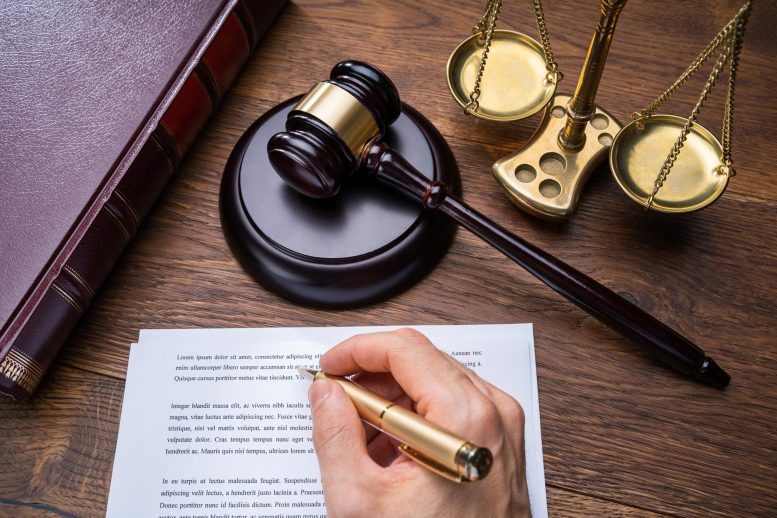Negotiating a fair settlement is a critical step in seeking compensation for personal injuries. A settlement can provide timely resolution to your case and avoid the uncertainty and expense of a trial. In this blog post, we’ll discuss strategies for maximizing your compensation through effective negotiation techniques.
- Understand the Value of Your Claim: Before entering into settlement negotiations, it’s essential to understand the value of your claim. This includes calculating your economic damages, such as medical expenses and lost wages, as well as your non-economic damages, such as pain and suffering. Consult with your attorney to assess the full extent of your damages and determine a reasonable settlement amount.
- Gather Evidence to Support Your Claim: Evidence is key to building a strong case for compensation. Gather documentation, such as medical records, bills, and receipts, to support your claim for damages. Additionally, gather evidence of liability, such as accident reports, witness statements, and photographs of the scene. Presenting compelling evidence strengthens your negotiating position and increases the likelihood of a favorable settlement.
- Present a Clear and Convincing Case: When negotiating a settlement, it’s essential to present a clear and convincing case for compensation. Articulate the facts of your case, including how the accident occurred, the extent of your injuries, and the impact they have had on your life. Be prepared to explain why you are entitled to compensation and how the settlement amount you’re seeking is justified based on the evidence.
- Be Realistic and Flexible: While it’s important to advocate for fair compensation, it’s also essential to be realistic and flexible in your negotiations. Understand that settlement negotiations involve compromise, and be prepared to make concessions if necessary. Consider factors such as the strength of your case, the likelihood of success at trial, and the potential costs and risks involved in pursuing litigation.
- Know When to Walk Away: Negotiating a settlement requires patience and persistence, but it’s also important to know when to walk away from the negotiating table. If the other party refuses to offer a fair settlement or attempts to undervalue your claim, don’t be afraid to assert your rights and pursue other options, such as litigation. Trust your attorney to advise you on the best course of action based on the circumstances of your case.
- Seek Legal Representation: Perhaps the most important strategy for maximizing your compensation is to seek legal resources from an experienced personal injury attorney. Your attorney will advocate for your rights, negotiate with the opposing party on your behalf, and ensure that any settlement offer adequately compensates you for your injuries and damages. With a skilled attorney by your side, you can navigate the negotiation process with confidence and maximize your chances of achieving a favorable outcome.
In conclusion, negotiating a settlement is a critical step in seeking compensation for personal injuries. By understanding the value of your claim, gathering evidence, presenting a clear case, being realistic and flexible, knowing when to walk away, and seeking legal resources, you can maximize your compensation and achieve a fair settlement that adequately compensates you for your injuries and damages.

